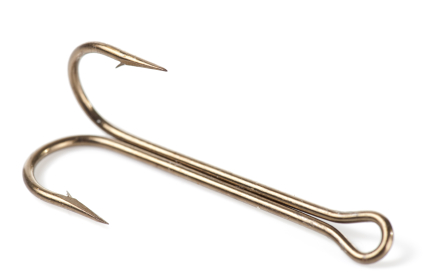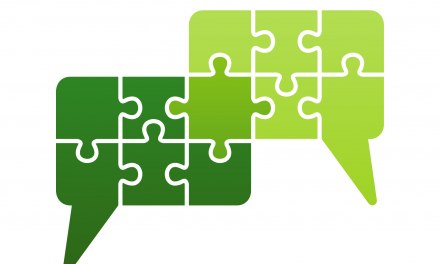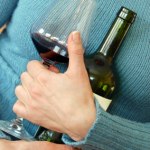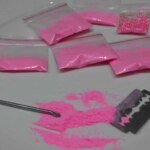Warning: Undefined variable $serie in /home/domains/treatmentandrecoverysystems.com/docs/wp-content/plugins/wp-series-manager/wp-series-manager.php on line 264
Step Eight: Examine relapse factors
Step Nine: Make a plan to prevent relapse
You’ve probably already done quite a bit of thinking about the situations that make you want to chuck it all and go back to drinking. Make a list of them. Those are your personal traps. We want to figure out how to avoid them where possible.
Some situations no doubt activate your desire to drink or use. Over the years you’ve conditioned your brain to associate certain triggers with alcohol or drugs, to the point where just being in that setting is enough to spur a craving (sometimes called drug hunger). Even if you fall into one of those situations, there are practical techniques for getting through it. We’ve included a simple guide to craving reduction elsewhere on this website.
Other relapse factors involve strong emotion that clouds judgment. Anger, resentment, sadness, self-pity, anxiety and panic – none are particularly conducive to clear decision-making. Like craving, these can be triggered by predictable situations, usually involving certain other people in your life. Suddenly you find yourself in the grip of bad feeling, and your brain automatically proposes the same old solution.
Still others involve the way you live. Perhaps you’ve developed the habit of isolating yourself (many addicts do). Maybe you conceal your true thoughts and feelings, in a vain effort to please others. Or work or play to the point of near-collapse, or go on extreme diets or binge on junk food or exercise compulsively or try to go without sleep. Maybe you skip taking necessary medications, so there’s not enough of the med in your system to produce the desired effect.
It could be that you just need to learn to provide more structure to your daily activities, so you have purpose and are less likely to drift.
Perhaps like so many, you secretly hope to resume drinking or drug use when you feel better. Best to get that one out into the open with your counselor.
The point is to foresee predictable traps and make changes to reduce your vulnerability to slips – defined as an unplanned use of drugs or alcohol that results from a weakness or flaw in your program of recovery.
That plan should be simple and involve other people so you’re not depending entirely on your own good judgment . It’s your brain that’s addicted, after all, and it will be awhile before you can trust your own decisions the way you once did.
When your plan is complete, go over it with others (such as your counselor, therapist, doctor, or sponsor) and get their suggestions.
These are posts belonging to the same serie:












